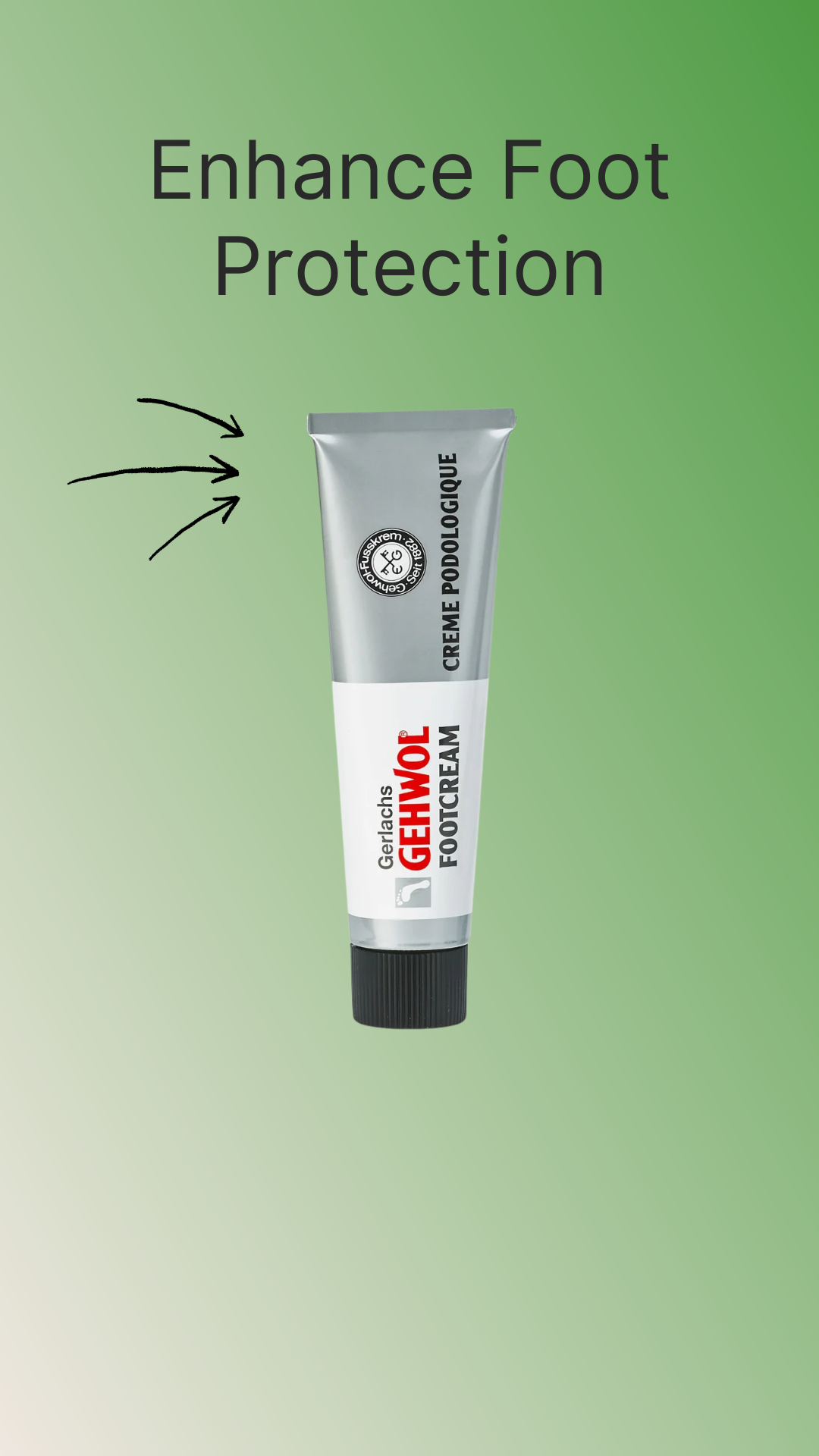Introduction
Winter in the UK brings short days, cold temperatures, icy pavements, and damp weather. While warm coats and scarves are a must, footwear often gets overlooked. For elderly people, those with swollen feet, or anyone managing conditions such as arthritis, diabetes, or neuropathy, the wrong shoes can make winter more painful—and more dangerous.
That’s why warm orthopedic shoes are essential. Unlike standard winter boots, orthopedic footwear combines insulation and comfort with medical-grade support. With wide fits, cushioned soles, and non-slip grip, these shoes protect foot health and prevent accidents during the coldest months of the year.
Winter Foot Challenges
Cold Feet & Poor Circulation
Cold weather can worsen circulation, leading to numbness, pain, or swelling. For those with diabetes, keeping feet warm is crucial to prevent complications.
Slippery Surfaces
Icy pavements, wet supermarket floors, and frosty driveways increase the risk of falls—especially for elderly people.
Swollen Feet in Cold Weather
Paradoxically, winter can also worsen swelling for those with poor circulation or reduced activity levels.
Unsuitable Fashion Boots
High street winter shoes may look stylish, but most lack the depth, width, and cushioning required for sensitive or medical feet.
Key Features of Orthopedic Shoes for Winter
-
Insulation & Warm Linings: Keep feet warm without overheating.
-
Wide & Deep Fit: Allow room for swelling, thicker socks, and orthotics.
-
Non-Slip Soles: Improve grip on icy or wet surfaces.
-
Cushioned Insoles: Absorb shock and relieve pressure on sensitive joints.
-
Rocker Bottom Soles: Encourage smoother walking, reducing joint stiffness.
-
Water-Resistant Leather: Protects feet from rain, puddles, and light snow.
-
Velcro Straps & Zips: Make fastening easier for those with arthritis or limited mobility.

Everyday Benefits of Orthopedic Winter Shoes
-
All-Day Warmth: Protect against cold-induced stiffness and discomfort.
-
Fall Prevention: Non-slip soles reduce the risk of winter accidents.
-
Adaptability: Extra room accommodates swelling and thicker socks.
-
Joint Protection: Cushioned interiors reduce pain in knees, hips, and back.
-
Style with Support: Modern orthopedic designs look good while keeping feet safe.
Lifestyle Scenarios
Walking Outdoors in Frosty Weather
Supportive orthopedic shoes with non-slip soles provide stability for morning walks, shopping trips, or visits to friends.
Grocery Shopping in Winter
Supermarket floors can be slippery when wet. Orthopedic soles ensure confidence while standing in queues or carrying bags.
Attending Social Gatherings
From Christmas markets to family dinners, stylish orthopedic shoes provide both warmth and a smart appearance.
Medical & Care Visits
For elderly people attending GP or hospital appointments, orthopedic winter shoes provide comfort during long waits and safe walking on icy paths.
Trainers, Boots, or Orthopedic Shoes?
| Feature | Trainers | Fashion Boots | Orthopedic Winter Shoes |
|---|---|---|---|
| Warmth | Minimal | Often warm | Insulated, medical-grade |
| Fit | Narrow, standard | Narrow, fashion-focused | Wide, adjustable, extra-depth |
| Grip | Basic sole | Moderate | Non-slip, stable sole |
| Medical Protection | None | None | Cushioned, diabetic-friendly |
| Orthotic Use | Rare | Rare | Yes, removable insoles |
Orthopedic shoes clearly stand apart as the only option combining warmth, safety, and medical support.
FAQ – Orthopedic Shoes for Winter
Q: Can orthopedic shoes really keep feet warm in winter?
A: Yes. Many designs include insulated linings and breathable leather to keep feet warm without overheating.
Q: Are orthopedic winter shoes waterproof?
A: Many are water-resistant leather, suitable for wet UK conditions. For heavy snow, overshoes or waterproof sprays can be used.
Q: Do elderly people need non-slip soles in winter?
A: Absolutely. Non-slip soles significantly reduce fall risk on icy or wet pavements.
Q: Can I wear orthotics in orthopedic winter shoes?
A: Yes. Most have removable insoles and extra depth for inserts.
Q: Do orthopedic winter shoes look stylish?
A: Yes. Modern designs balance medical support with smart, versatile styling.
Final Thoughts
Winter can be difficult for anyone, but for those with swollen feet, arthritis, diabetes, or balance issues, the season brings extra risks. Cold weather and slippery pavements make supportive orthopedic shoes an essential investment.
The best orthopedic shoes for winter in the UK provide insulation, cushioning, and non-slip soles, alongside the extra depth and width needed for swollen or sensitive feet. Unlike fashion boots or trainers, they are built as medical devices, offering both safety and comfort.
At TDO Therapy, our winter orthopedic shoes are designed to keep you warm, supported, and safe—helping you move confidently through the coldest months of the year.



